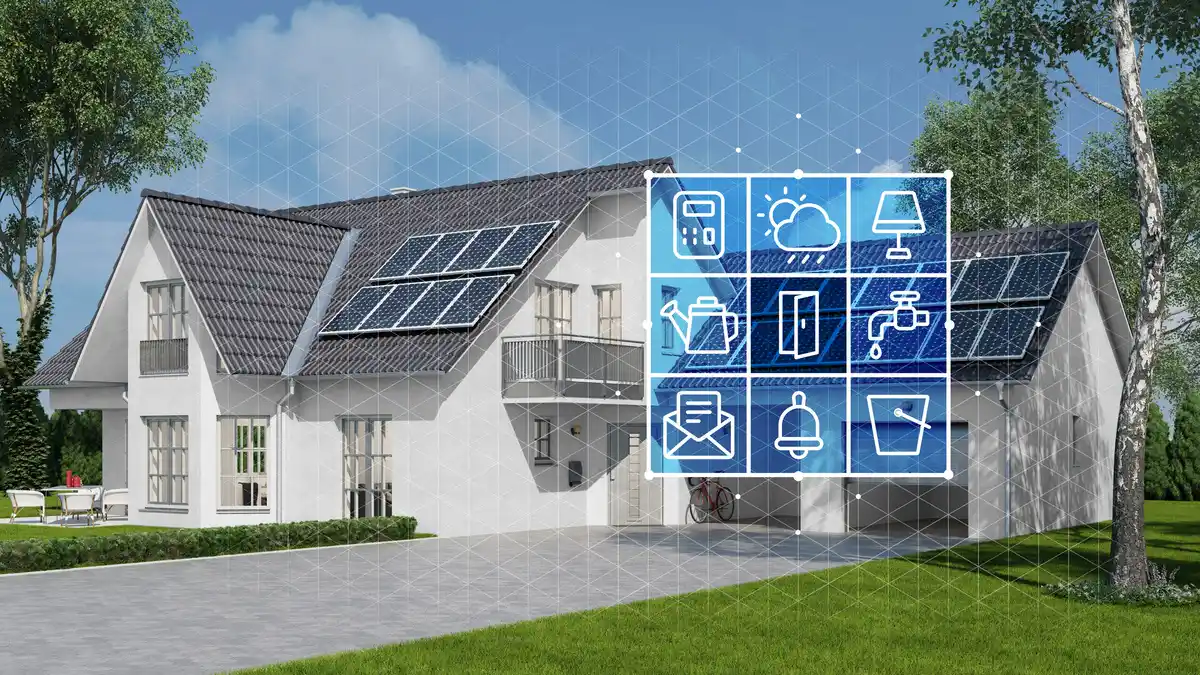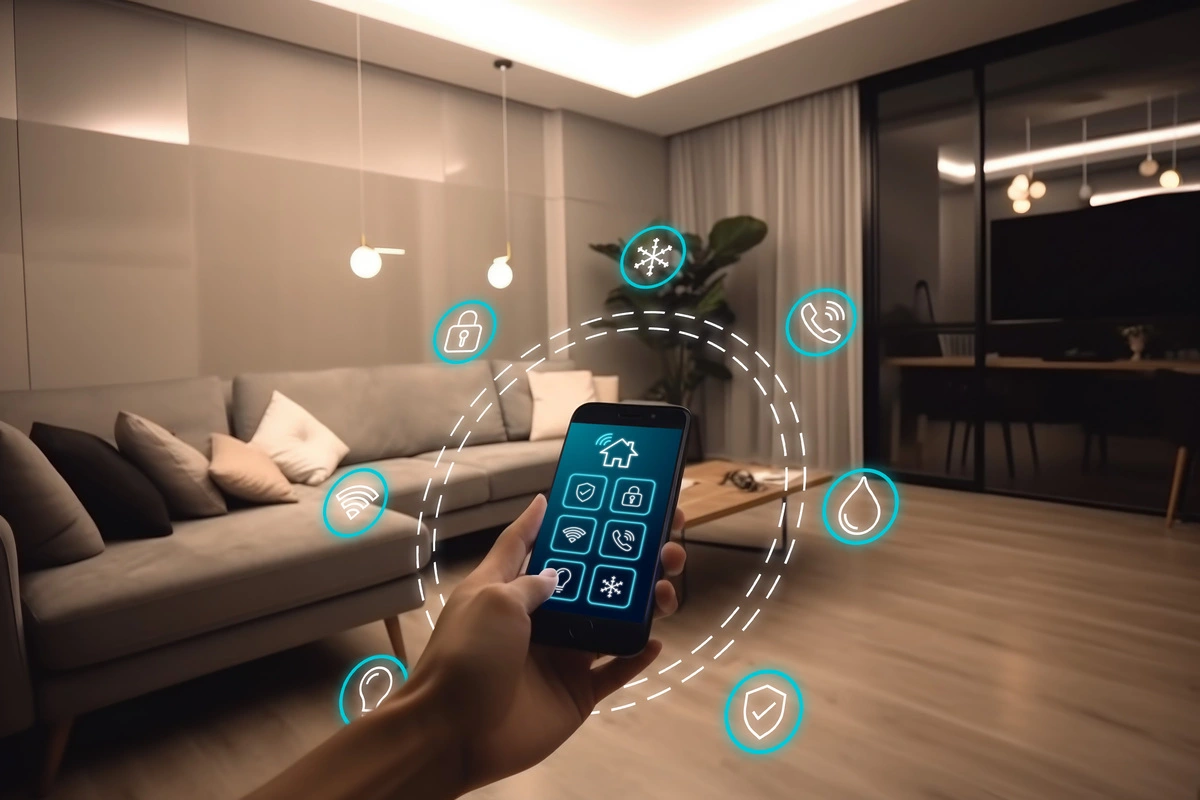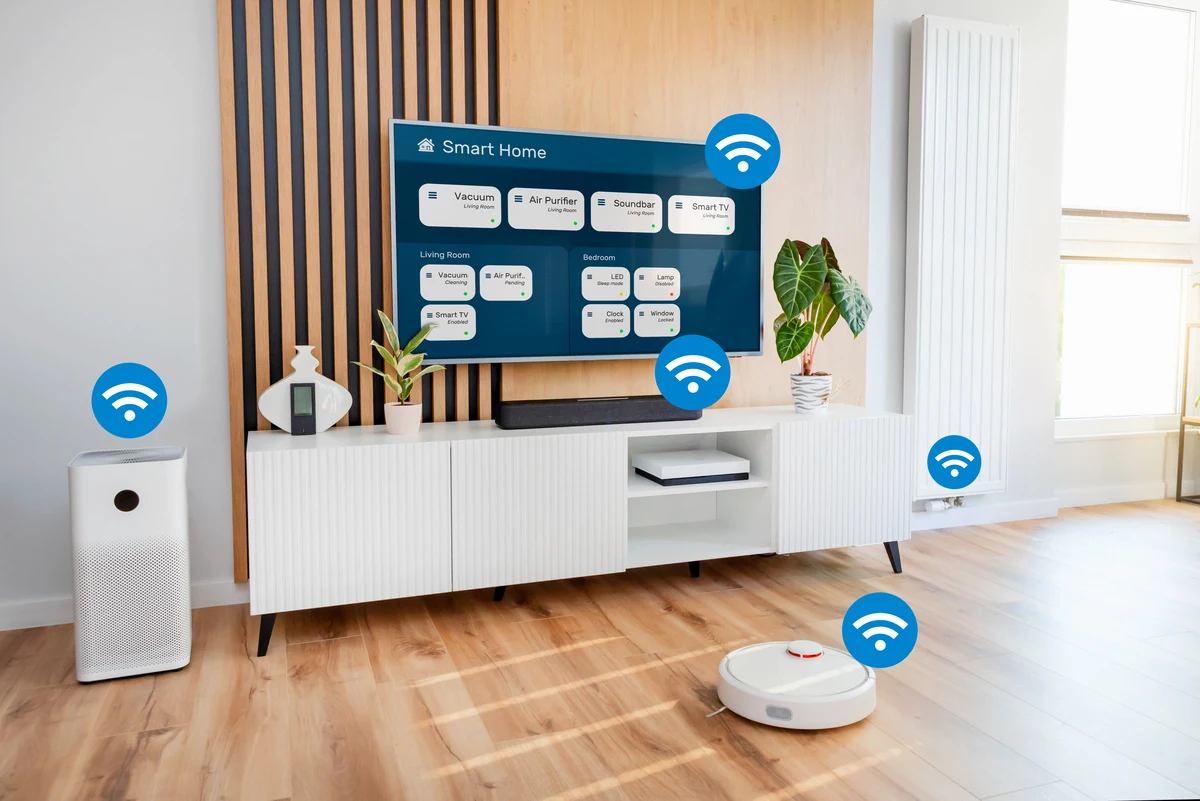As we move deeper into the 21st century, the focus is shifting greatly toward green living and saving energy. The rise of smart technology has brought a new era of ease and connectivity. A smart home is the latest and greatest way for people to save money on their energy bills and lower their carbon footprint. With new, cutting-edge technologies coming out in 2024, there has never been a better time to use smart technology to save energy.
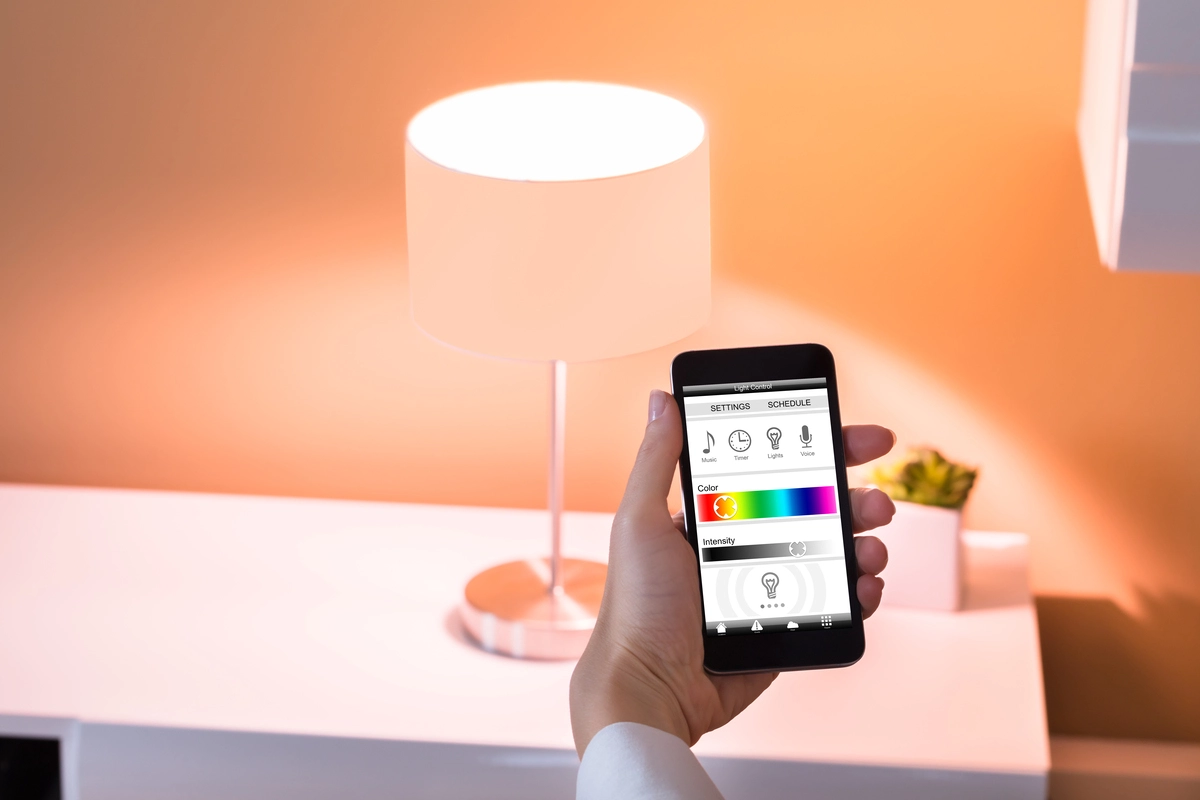
Energy-Efficient Lighting
Electricity-hungry light bulbs are a thing of the past. LED lighting has become the standard for how energy-efficient lighting can be. They offer a variety of tools that reduce waste even more when connected to your smart home system.
The remote control and schedule features of smart LED bulbs make sure that your lights are only on when you need them to be. No more “lights-left-on” problems that happen so often in regular homes thanks to motion sensors that turn on lights only when rooms are being used.
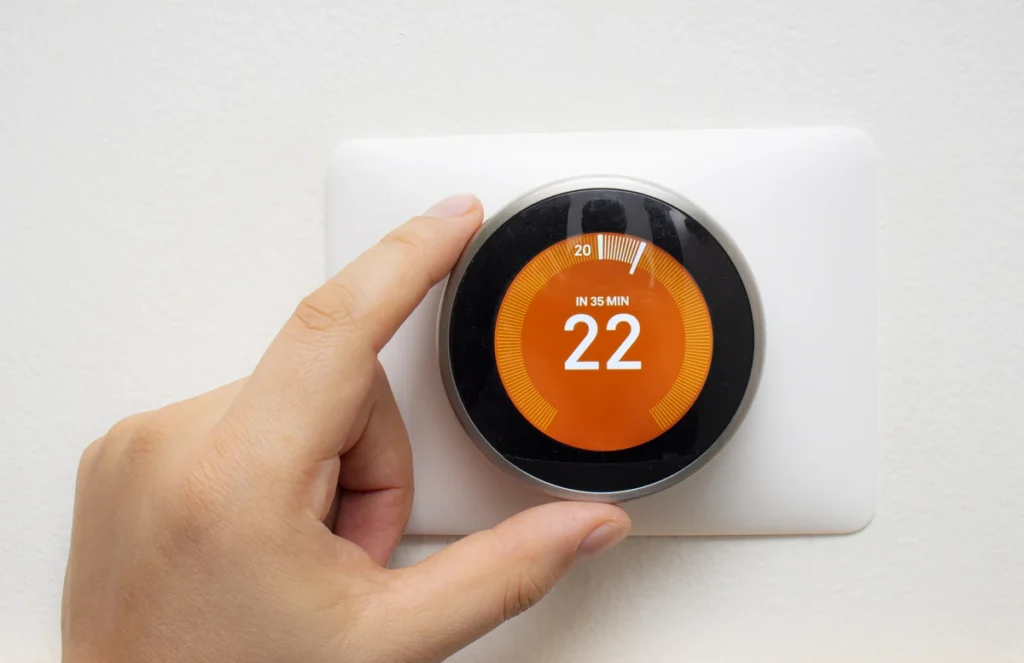
Smart Thermostat Revolution
With the invention of smart thermostats, the simple thermostat has been given a high-tech makeover. These gadgets keep your home at the right temperature all the time, whether you’re there or not. They do this by learning from your habits and changing the settings as needed.
They are better at managing energy because they have modes that save energy, and you can control them from your phone. Some even have geofencing technology that changes the temperature and humidity in your home based on where you are so that it uses less energy when you’re not there.
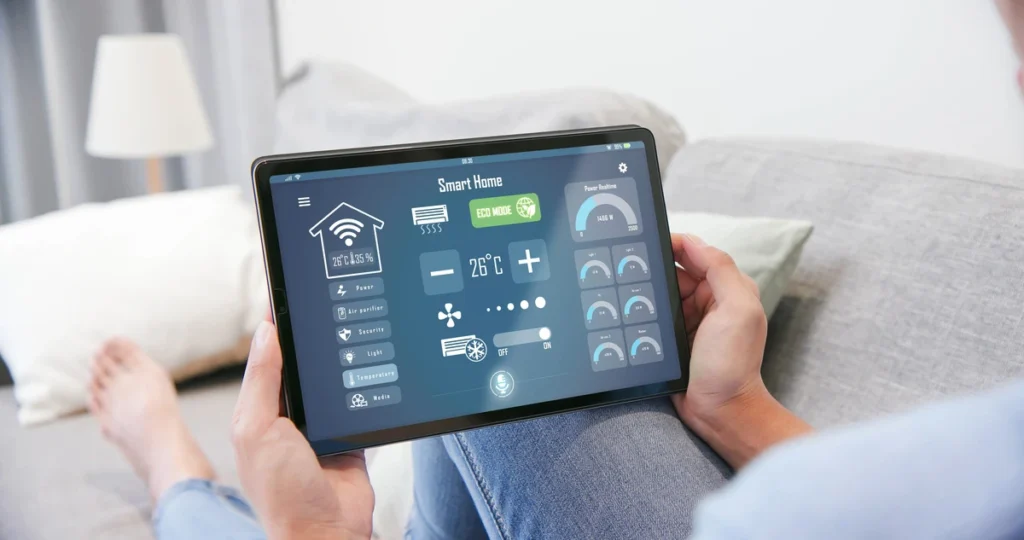
Energy Monitoring Systems
Knowing how much energy you use is the first thing that you need to do to control it well. Energy monitoring tools tell you how much energy your home is using and where it’s being used in real time.
Finding the things that use a lot of energy will help you make smart decisions about how to change your smart home system. Some systems even offer predictive research that can tell you when energy use is going to go up, so you can take action before it happens.
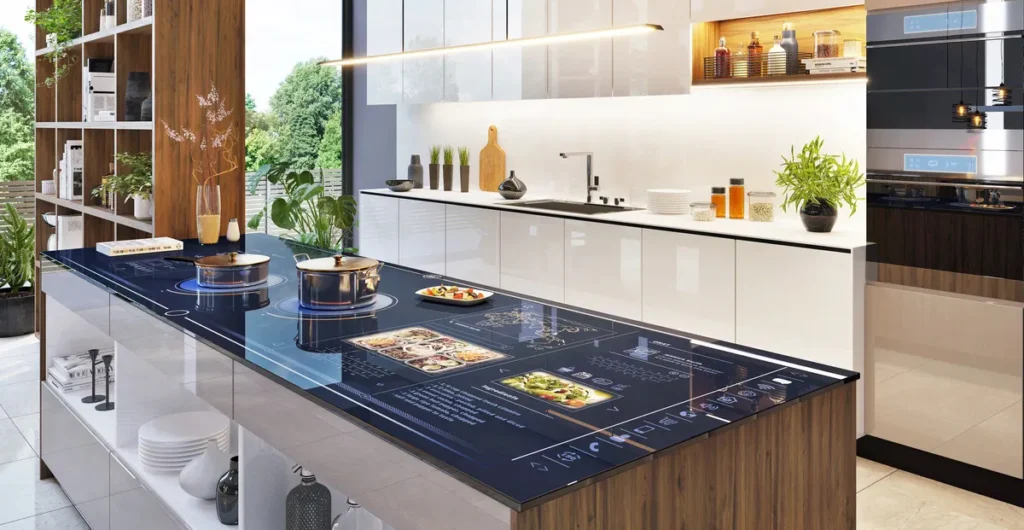
Smart Appliances
These days, smart appliances like ovens, freezers, and washing machines can do more than they used to. These appliances can offer advanced ways to save energy because they have smart features and Wi-Fi connection built in.
The energy efficiency scores of newer models are better, and their smart features make them run more efficiently. You can set your devices to run during off-peak hours, when electricity prices are cheaper, or you can get alerts when they’re left on when they’re not needed.

Automated HVAC
HVAC (heating, ventilation, and air conditioning) systems use most of the energy in your house. With automated HVAC control, only the rooms that need it are warm or cooled at any given time. Smart vents, zoning systems, and temperature monitors work together to make a comfortable space that uses as little energy as possible.
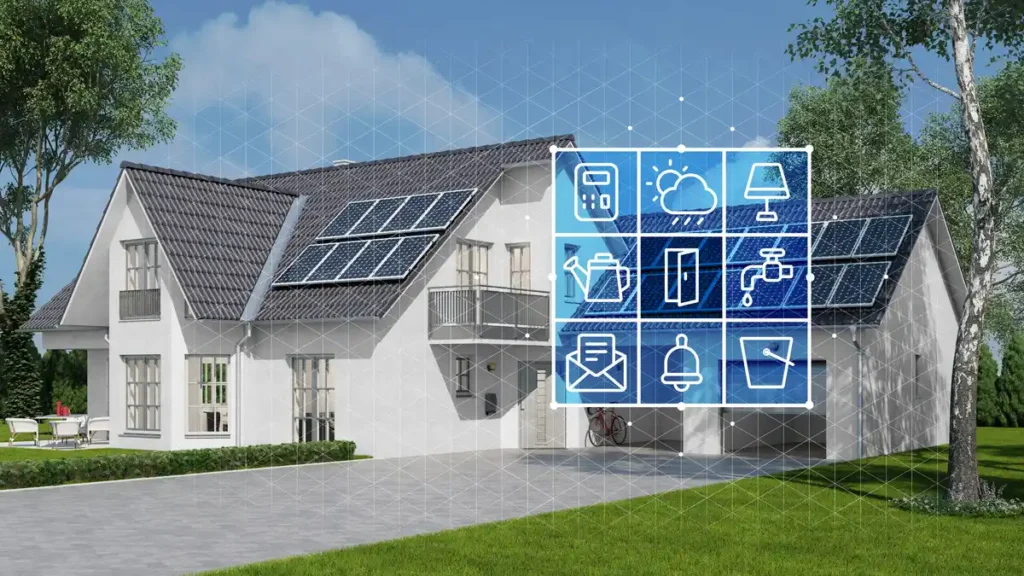
Solar Power Integration
The addition of solar power is a big step toward making smart homes energy independent. When you combine solar panels with energy storage devices like home batteries, you can save extra energy for later use.
You can sell energy back to the grid when you make more than you can store by connecting your solar system to it. Even though the original cost is high, the long-term benefits for the environment and your wallet are strong.
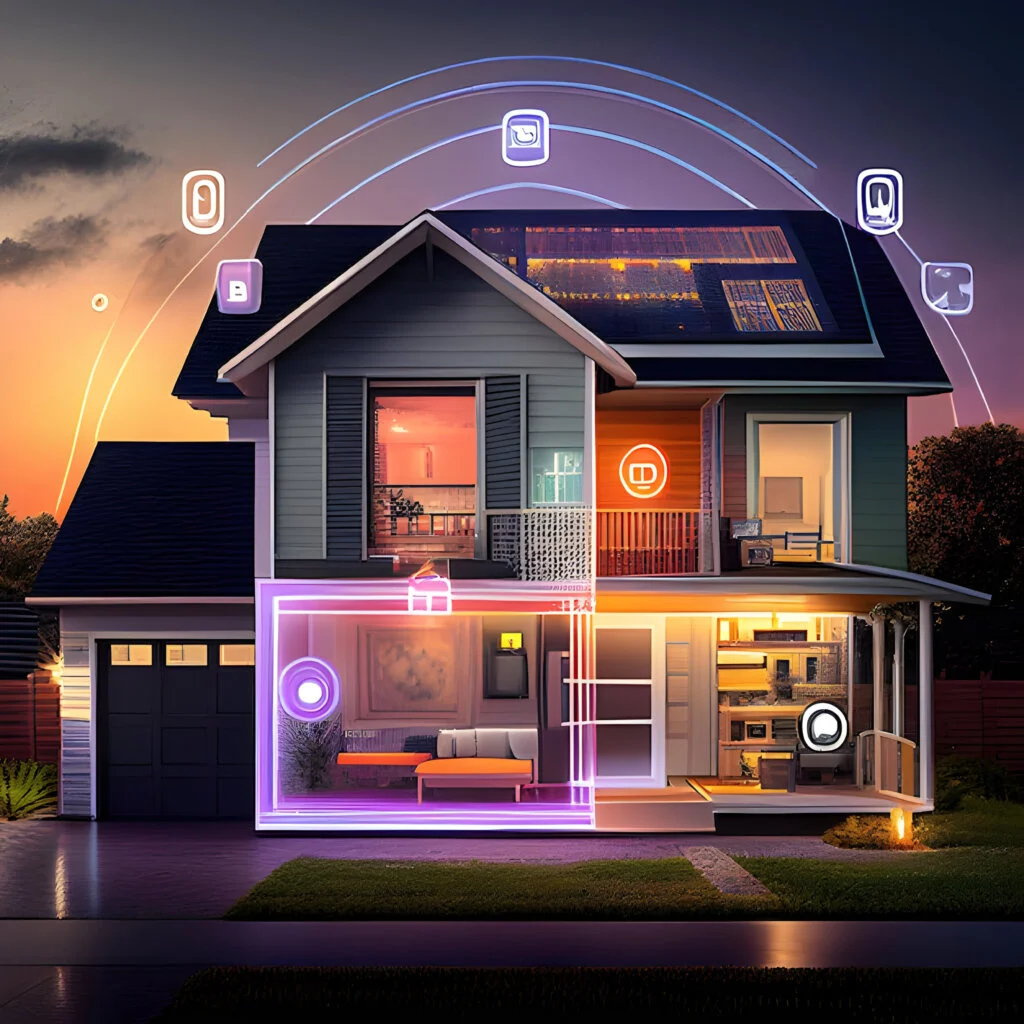
Smart Home Automation
A smart home’s real power comes from its ability to connect and control many devices at once for the best performance. The key is automation. When you connect all of your smart devices, like lights, HVAC, appliances, and more, to a single system, you can make an ecosystem that works together and makes changes instantly based on a set of rules. For instance, your home can tell when you walk into a room and change the lights and temperature to your liking.
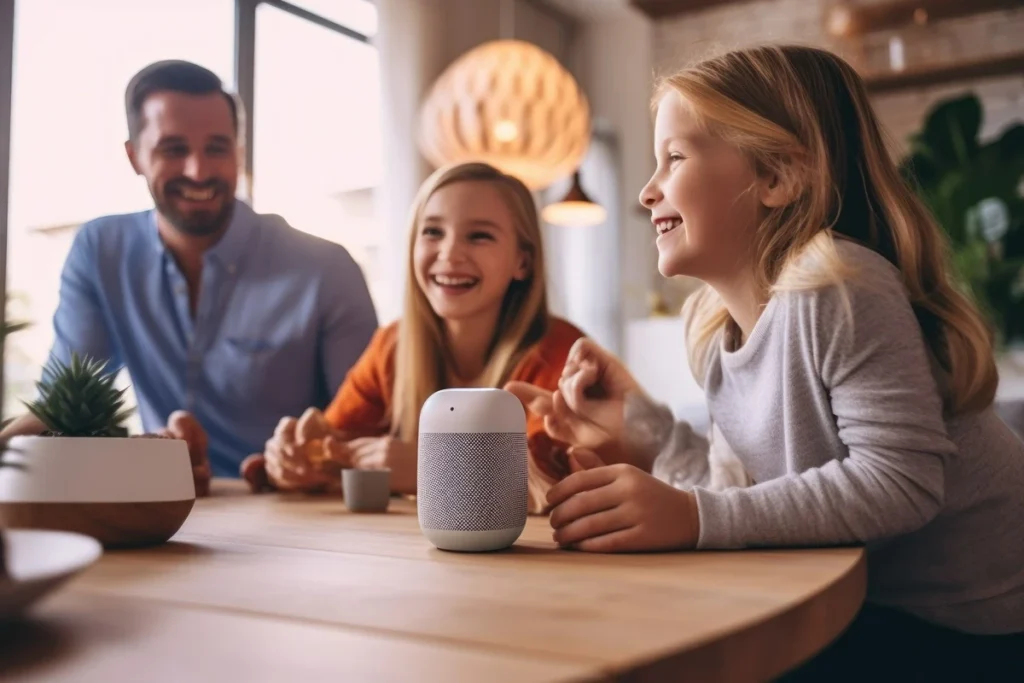
Behavioral Changes and Home Energy Management
Without the help of its residents, even the smartest home can’t work at its best. Some things that people can do to help include turning off lights and machines when not in use, unplugging chargers, and making the best use of energy during peak hours. Making an effort to save energy every day and being aware of the things you do every day are important parts of managing your home’s energy use.
A smart home that uses less energy has many perks besides saving you money. Every action we take to save energy helps us lower our carbon footprint and protect the earth for future generations. The latest improvements in smart home technology for 2024 give people a lot of tools to help them reach their sustainability goals. This makes living in an eco-friendly way easy and available.
